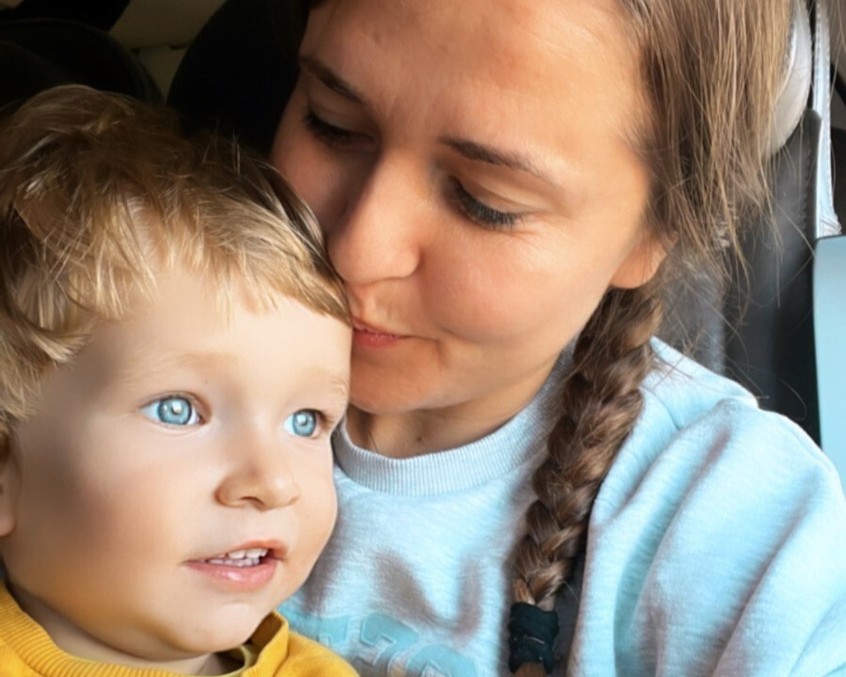Strengthening local capacities, not dependencies
Our work in El Salvador began in 2018, when Alight identified the need to provide humanitarian support to migrants crossing through Central America driven from their home countries by high crime rates, poverty, and natural disasters. El Salvador was a transit country, but local people had their own problems – gang violence and social exclusion. Communities in places like Apopa and La Chacra had become cut off, both physically and socially. For many, the only people they felt they could trust were the Catholic Sisters, who worked hard every day to address the most pressing needs in their own neighborhoods.
Recognizing the humanitarian spirit of the Sisters, Alight decided to join forces with them, amplifying the change they were already making. This is how the Color Movement was born – a powerful initiative built on the pillars of co-creation, meaningful relationships, and community-led action. Together with the Sisters and local families, we co-designed every decision – ensuring that the community members weren’t passive recipients, but active architects of their own futures. As one Sister recalled: “We learned to dream together”.
From psychosocial support circles to creative skills trainings like embroidery, macrame, jewlery-making and soap production, everything was planned with, not for, the community. We focused on strengthening local capacities, not creating dependencies. Local leadership emerged naturally. Skills that people could take with them were passed on. The safe spaces and meaningful relationships that were created through the program facilitated healing and unleashed abundance.





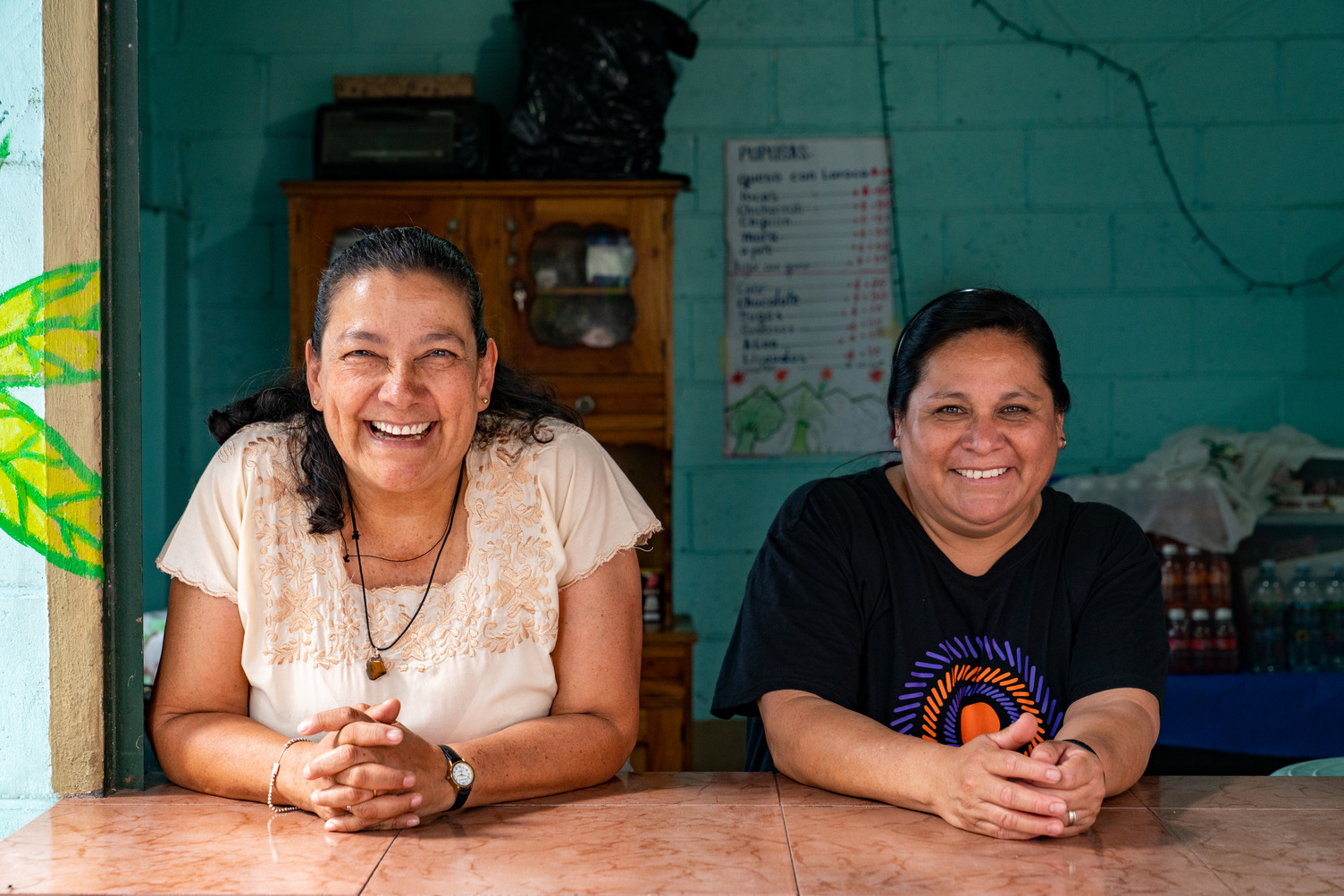
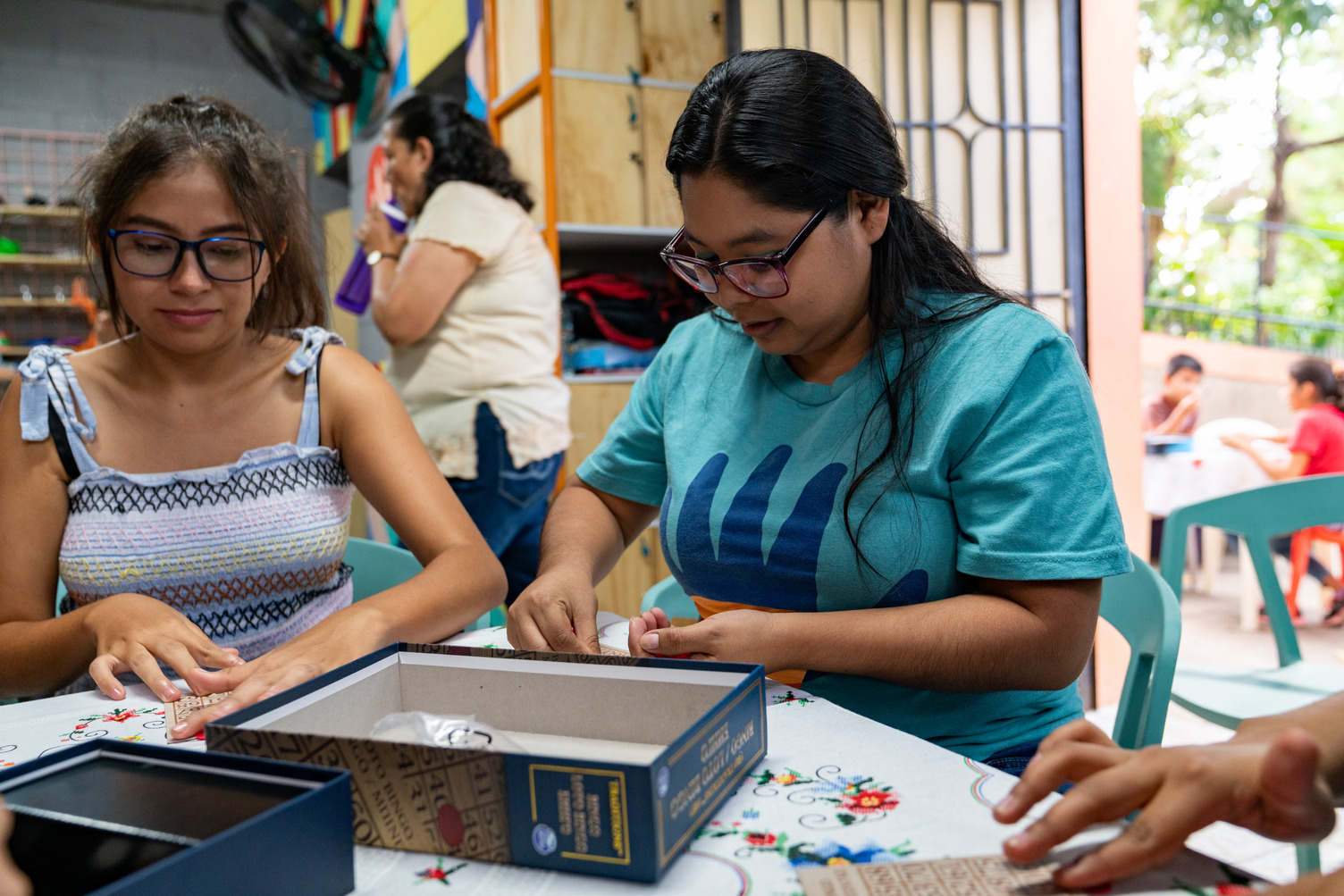
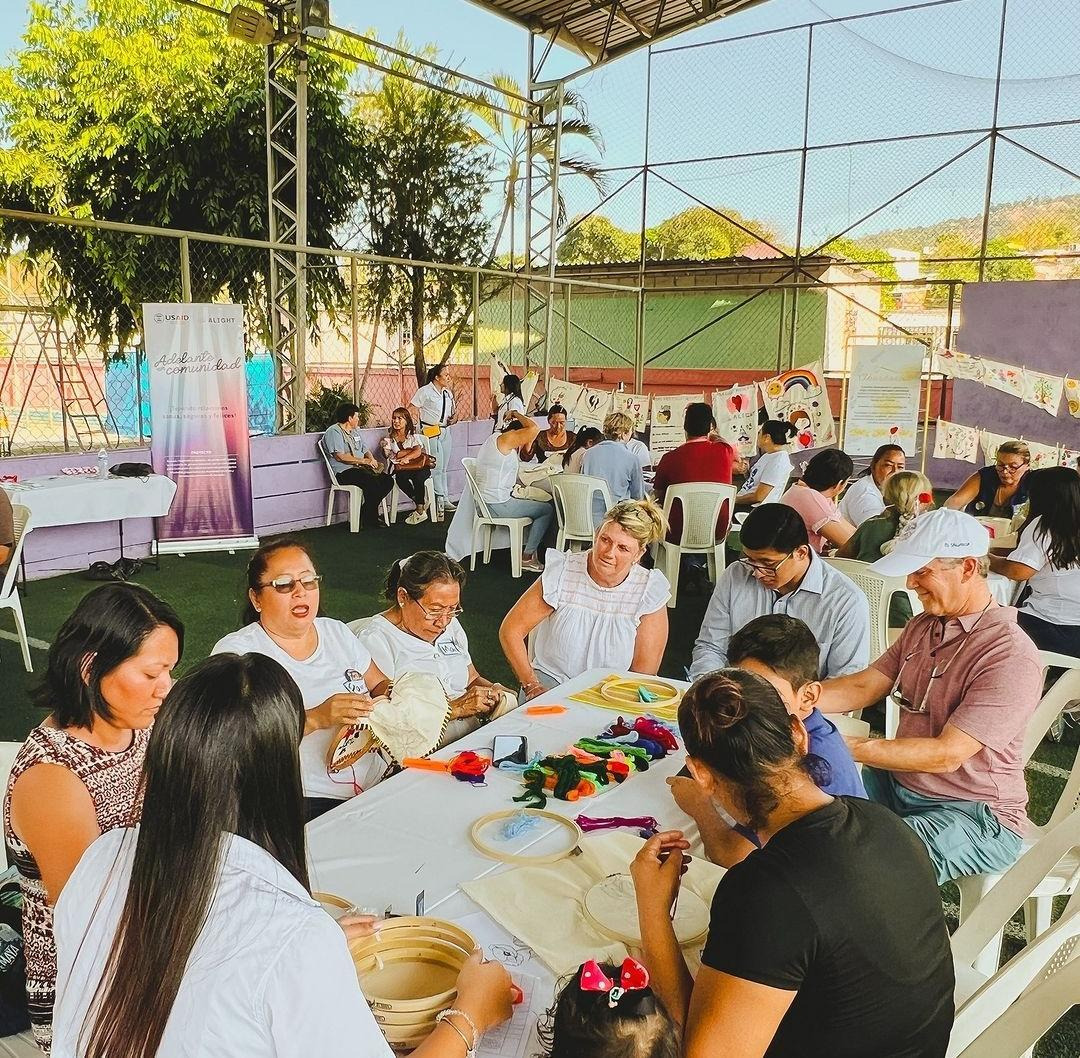
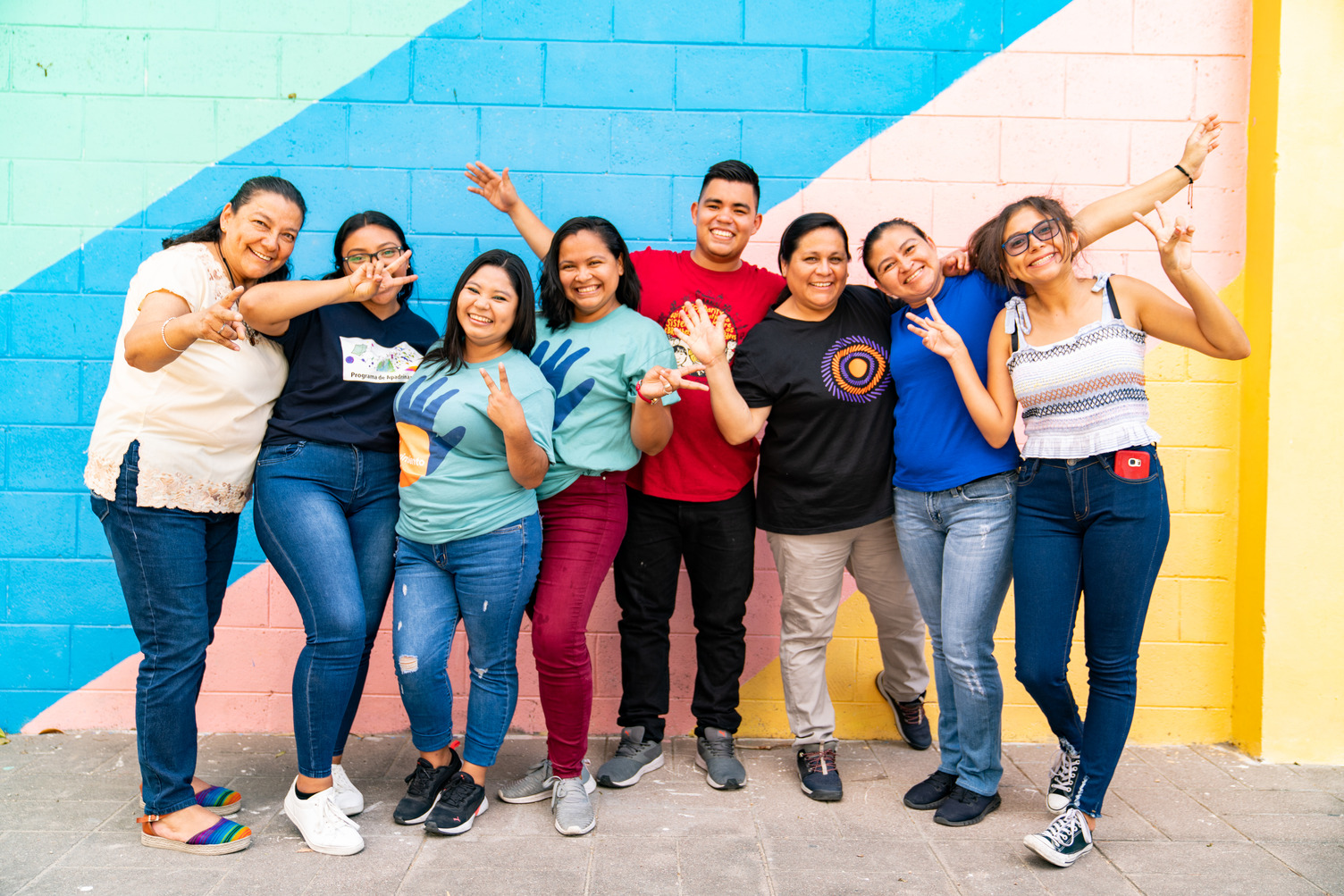

.png)
